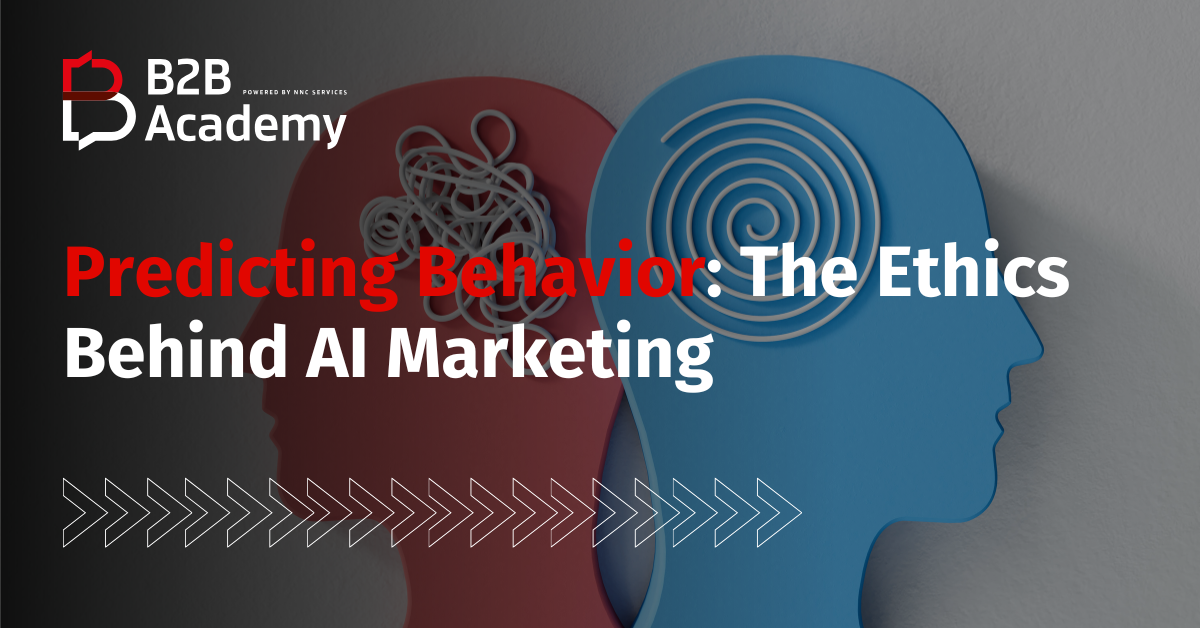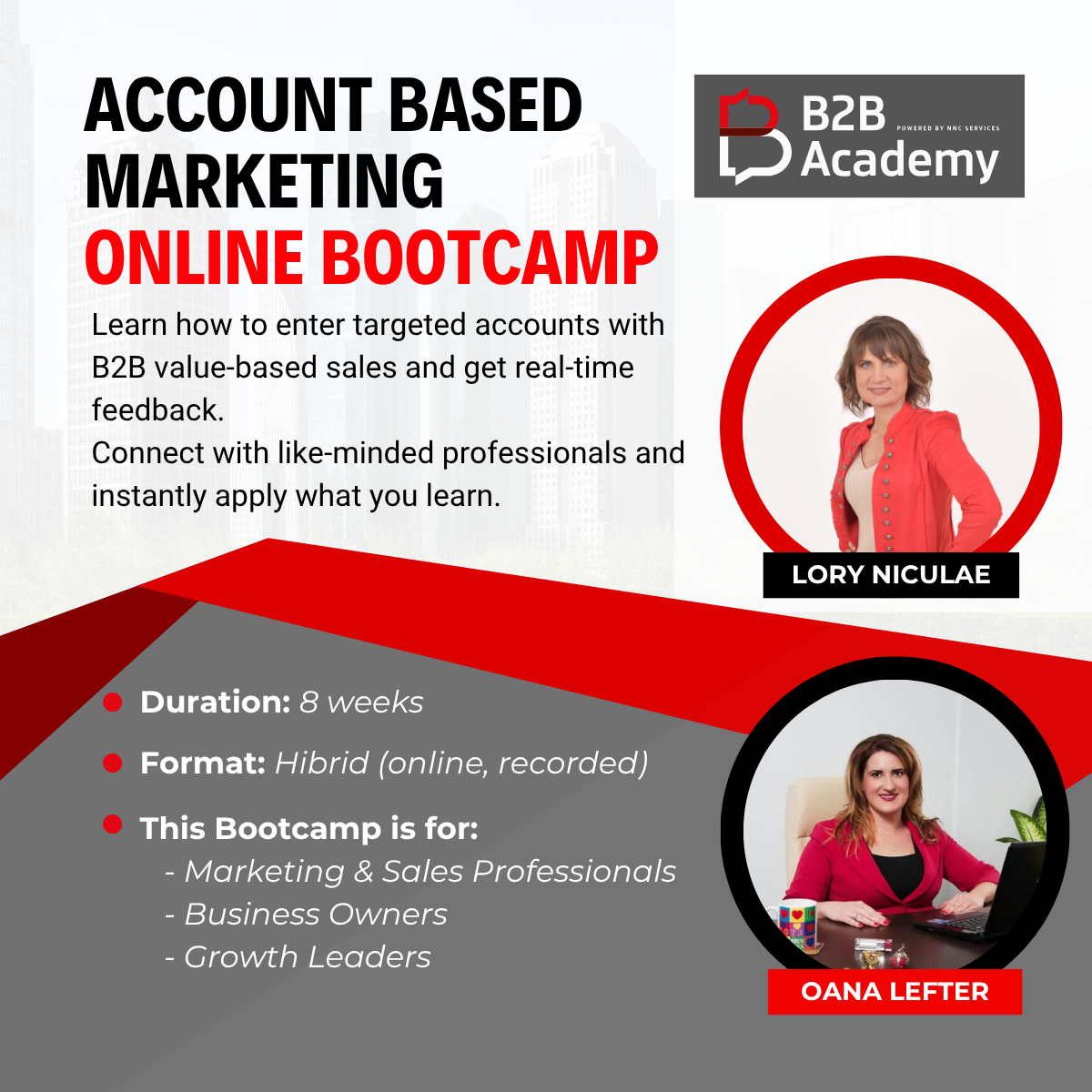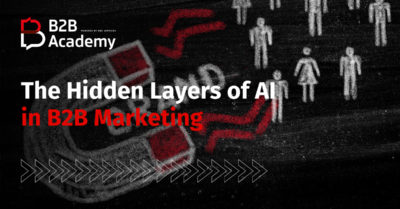AI doesn’t just analyze what your customers do, it starts guessing what they’ll do next. Sounds smart, right? Until it starts feeling a little intrusive. If you’ve ever wondered where the line between helpful and creepy lies, this is your read.
Welcome to the era of predictive marketing, where AI doesn’t just automate campaigns, it anticipates human behavior. But anticipation comes with responsibility.
So, let’s ask the real question: How far is too far when your marketing starts knowing customers better than they know themselves?
What Predictive Marketing Actually Means
Before we unpack the ethics, let’s clear the air: predictive marketing isn’t magic. It’s math.
- Data collection – Everything from clicks to purchase history.
- Pattern recognition – Algorithms finding meaning in the chaos.
- Prediction – Forecasting who will buy, when, and what.
In short, it’s like having a crystal ball powered by data science, only with more spreadsheets and fewer sparks.
But here’s the catch: the more accurate the prediction, the more personal it feels. And that’s where ethics start whispering in the background.
The Fine Line Between Personalization and Manipulation
There’s a difference between helping someone find what they need and nudging them toward what you want them to buy.
When AI can predict behavior, that line blurs fast.
Ask yourself:
- Are we empowering customers to make better decisions, or influencing them too strongly?
- Are we collecting data with consent, or just assuming it because the form had a checkbox?
- Are our algorithms transparent, or do we hide behind complexity?
It’s not about being perfect, it’s about being conscious.
Because nothing kills trust faster than realizing your favorite brand knows more about your habits than your best friend.
Why This Matters in B2B
It’s tempting to think these questions only apply to B2C brands, but that’s not true.
In B2B marketing, predictive systems are already deciding:
- Which clients get premium offers
- Which accounts deserve extra attention
- Which deals are “likely” to close based on previous behavior
Sounds efficient, right? But if we’re not careful, AI starts to shape the market before humans even step in.
Imagine losing a potential client not because your product isn’t good, but because an algorithm quietly decided they weren’t worth the sales effort. That’s not innovation. That’s bias in disguise.
The Invisible Bias Problem
AI doesn’t think. It learns from data, and data is full of human imperfections. If your CRM history favors large clients, your model might assume small businesses aren’t worth targeting. If your historical campaigns leaned toward certain industries, your AI might “predict” that others don’t convert even when they could.
In short: AI repeats your past, unless you teach it your future. The fix isn’t to distrust AI, it’s to audit it. Run regular bias checks. Ask your data team what assumptions your model makes. Transparency isn’t a legal checkbox; it’s your competitive edge.
Ethics Can Actually Be Profitable
Here’s a surprise twist: doing the right thing pays off. Companies that lead with ethical AI practices report stronger loyalty and longer customer lifecycles. Why? Because buyers, even in B2B, don’t just purchase products. They purchase trust. Here’s what ethical AI looks like in marketing:
- Consent-first data collection – no shadow tracking, no sneaky cookies.
- Explainable AI – clients can understand why they got an offer.
- Bias audits – regular reviews to spot unintended discrimination.
- Human oversight – algorithms suggest, humans decide.
A Simple Rule: Ask the Question
Every time you use AI to predict, segment, or recommend, pause and ask yourself: If I explained this process to the customer, would they still trust me?
It sounds simple, almost too simple, but this question is the ethical compass every marketer needs when working with intelligent systems. Because when you strip away all the data science, machine learning models, and dashboards, marketing still comes down to one thing: trust.
Transparency is no longer a nice-to-have. It’s the difference between being seen as innovative and being perceived as invasive.
If your AI system creates an offer so personalized that the client starts to wonder “How did they know that?” you may have crossed the fine line between insight and intrusion.
To avoid that, apply this small but powerful test:
-
Would I feel comfortable if this data point about me were used the same way?
-
Could I confidently explain our process to a skeptical client without hiding behind technical jargon?
-
Would this approach still work if everything about it were made public?
If your answer to any of these is no, that’s your signal to rethink the method.
Because real personalization isn’t about knowing customers, it’s about understanding them. And understanding starts with respect.
When your marketing strategy passes this test, you gain something much more valuable than conversions: credibility. Your clients won’t just respond to your campaigns; they’ll trust your brand’s intent behind them. In the long run, that’s what makes ethical marketing sustainable. AI might predict your customer’s next click, but ethics predicts your business’s longevity.
The Human Side of Prediction
At the end of the day, predictive AI is only as good as the humans behind it. It doesn’t have empathy, intuition, or a moral compass; that’s still your job. The future of marketing isn’t about smarter machines. It’s about smarter humans using machines responsibly. So yes, let AI help you see what’s coming next. But remember: just because you can predict behavior doesn’t mean you should manipulate it.





